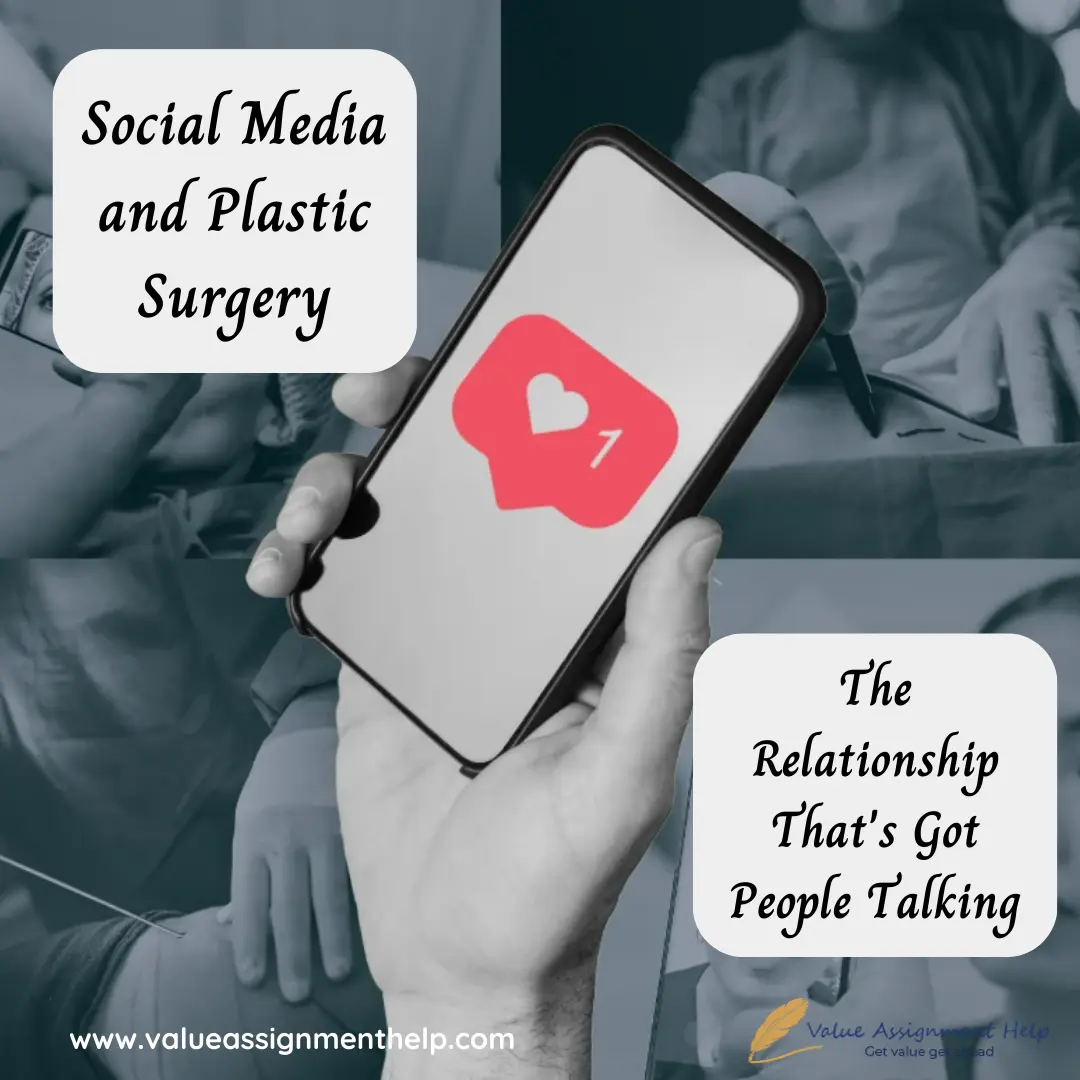Assignment
Achievement
Hire Experts
Testimonials
Free Services
Grades
Offers
Order Now
50,000+
Orders Delivered
4.9/5.0
Star Rating
4000+
PhD Experts
24 x 7
Query Resolution
100 +
Subjects Catered
Our Experts
Testimonials
Free Assignment Services
☞Title Pages - 100 Words
$05.00 free
☞Downloading Free Guide
$20.00 free
☞Upload Completed Tasks
$20.00 free
☞Genuine Content Report
$20.00 free
☞Consultation By Experts
$06.00 free
☞Unrestricted Revisions
$10.00 free
☞Grammar Check for Task
$25.00 free
☞Plagiarism Inspections
$25.00 free
Book Now and get Free Services Upto $0.00
Grades
Offers

1. PLACE YOUR ORDER
Whenever you fill out their order form, please read it carefully and then fill it out.

2. MAKE PAYMENT
Choose our secure payment method to pay for your order and collect your order from us with security.

3. GET YOUR DOCUMENT
Our writers write you plagiarism-free assignments and provide them to you before the deadline.
Our Experts

Search Assignments

Customers Reviews
Social media has become an integral part of our lives, with plenty of people turning to it for entertainment, education and connection. The influence is so intense that most people cannot go, but could it also influence how we view ourselves and our decisions regarding plastic surgery? In this article, we'll explore the relationship between social media and plastic surgery and analyze how it's impacting our culture.

Plastic surgery is a medical speciality that involves the correction or restoration of the form and function of the body. It includes a variety of procedures that are performed to improve the appearance of a person's face or body or to repair or reconstruct areas of the body that have been damaged by injury, disease, or congenital disabilities.
Plastic surgery has had a significant impact on our society. On a personal level, it can help people feel more confident and comfortable with their appearance, which can positively impact their mental health and quality of life. Plastic surgery can also be used to improve function, such as in the case of reconstructive surgery following cancer or trauma.
However, there are also potential negative impacts of plastic surgery on society. For example, some people may feel pressure to conform to specific beauty standards, leading to the development of body dysmorphic disorder (BDD) or other mental health issues. There is also a risk of complications associated with plastic surgery, such as scarring, infection, and adverce reactions to anesthesia. Additionally, the cost of plastic surgery can be a barrier for some people, leading to inequities in access to these procedures.
It's no secret that social media greatly influences our lives. We're constantly bombarded with images of perfect-looking celebrities and "Instagram models" who have seemingly perfect lives. It's easy to compare ourselves to these people and feel we don't measure up.
For many people, this comparison leads to insecurity and low self-esteem. And unfortunately, these feelings can often lead to people deciding to get plastic surgery.
While there's nothing wrong with getting plastic surgery if you want, ensuring that you're doing it for the right reasons is essential. If you're only getting surgery because you feel like you have to fit in or look like everyone else, then you're probably not going to be happy with the results.
Plastic surgery is more popular than ever, with people of all ages and backgrounds turning to procedures to help them achieve their desired look. But just how popular is plastic surgery?
According to the latest statistics from the American Society of Plastic Surgeons (ASPS), nearly 18 million cosmetic procedures were performed in the United States in 2018, a slight increase from 2017. Of those procedures, minimally-invasive treatments like Botox and fillers accounted for the majority, at 14.2 million procedures.
However, surgical procedures are also on the rise, with a 4% increase from 2017 to 2018. The most popular surgical procedures include breast augmentation, liposuction, nose reshaping, and eyelid surgery.
Interestingly, social media appears to be playing a role in the growing popularity of plastic surgery. A recent survey found that nearly one-third of people with cosmetic procedures said that social media was a factor in their decision. In addition, for many people, seeing photos of friends or celebrities who have had successful surgeries can motivate them more likely to consider undergoing a procedure themselves.
Take your time, research, and ensure that you're 100% sure that plastic surgery is right for you before taking the plunge.
Social media has had a profound effect on the way we view our bodies and ourselves. It's no secret that social media can be a breeding ground for negative body image and self-esteem issues. The constant stream of images of "perfect" bodies can be overwhelming, and it's easy to compare ourselves to others and come up short.
But social media isn't all bad. It can also be used as a force for good. For example, social media can be used to raise awareness about the dangers of plastic surgery culture. This culture values perfection above all else, and it can be damaging to both our physical and mental health.
Many people who are unhappy with their appearance turn to plastic surgery to fix what they perceive as flaws. But these procedures often don't solve the underlying issues and can even worsen them.
The best way to combat the negative effects of social media on our body image is to use it as a tool for positive change. For example, we can follow accounts that promote body positivity, share inspiring stories, and start conversations about how we feel about our bodies. By doing this, we can create a more positive relationship with our bodies and learn to love ourselves just the way we are.
There's no denying that social media and plastic surgery have a complicated relationship. On the one hand, plastic surgery is often seen as a necessary evil by those in the social media spotlight. But, on the other hand, there's no denying that social media has played a role in normalizing plastic surgery and making it more acceptable to the general public.
So what's the dark and unexpected truth behind this relationship? Well, it turns out that social media may have a bigger impact on plastic surgery than we realize. A recent study found that women who are active on social media are more likely to consider undergoing cosmetic procedures than women who don't use social media.
The American Academy of Facial Plastic conducted and Reconstructive Surgery (AAFPRS) found that 55% of female facial plastic surgeons reported seeing an increase in patients who want to improve their appearance because of social media. And it's not just women who feel the pressure to look perfect online; men are starting to feel it too. The AAFPRS found that 11% of male facial plastic surgeons reported seeing an increase in patients due to social media pressures.
So what does this all mean? First, we must be careful about the messages we send with our social media posts. If we're constantly sharing photos of ourselves with perfect skin and flawless makeup, we're only adding to people's pressure to look perfect.
The relationship between social media and plastic surgery is complex and evolving. Social media has influenced how we perceive beauty, which has led to an increase in the number of people seeking out plastic surgery procedures. The impact of these platforms on society's perception of beauty should not be underestimated, as they can have positive and negative effects on individuals’ self-esteem. As such, we must all remember that true beauty comes from within and that no external enhancement or augmentation can ever replace inner strength or confidence.




No Comments